
Latest Version
April 17, 2025
Mark Shuttleworth
OS
Linux
2
Free
Report a Problem
More About Ubuntu: A Fresh, Free, and Friendly Operating System – Review and Beginner's Guide
What is Ubuntu?
Ubuntu is a Linux-based operating system developed by Canonical. It’s open-source, meaning the code is available for anyone to use, modify, and share. It’s also known for being one of the most beginner-friendly Linux distributions, making it a perfect entry point for people new to Linux.
Ubuntu comes with a clean, modern interface (called GNOME), supports a wide range of software, and is used in everything from home desktops to servers, IoT devices, and even cloud infrastructure.
💡 Key Features:
-
Free to use – No licenses or subscriptions.
-
User-friendly – Great UI, intuitive for beginners.
-
Secure – Frequent updates and built-in protection.
-
Software-rich – Has a built-in app store and access to thousands of free tools.
-
Customizable – Want it your way? Tweak to your heart’s content.
How to Get Ubuntu
-
Download It: Go to ubuntu.com and grab the latest desktop version (usually LTS – Long Term Support – is the best for beginners).
-
Create a Bootable USB:
-
Use tools like Rufus (Windows) or Etcher (cross-platform) to write the Ubuntu ISO to a USB stick.
-
-
Install It:
-
Reboot your computer and boot from the USB.
-
Follow the on-screen installation guide. You can install Ubuntu alongside Windows (dual-boot) or erase your disk and go all-in.
-
Getting Started with Ubuntu
Once installed, you’ll land on the GNOME desktop. Here’s a quick guide to help you get your bearings:
1. The Desktop Environment
-
Top Bar: Shows time, network, volume, and power. The left side has the Activities menu to search apps or open windows.
-
Dock (Left Side): Like a taskbar, showing your pinned and running apps.
2. Install Applications
Ubuntu has its own Software Center, similar to the App Store or Google Play.
-
Open Ubuntu Software from the dock.
-
Search for apps like Firefox, VS Code, GIMP, VLC, or Spotify.
-
Click Install, and you're set.
You can also use the terminal:
sudo apt install vlc
3. System Settings
Settings are accessible from the top-right corner menu → Settings. Here, you can tweak appearance, set up printers, manage users, and connect to Wi-Fi.
4. Terminal Basics
The terminal is powerful, but not scary! Try these commands:
-
sudo apt update– Updates package lists. -
sudo apt upgrade– Upgrades all installed software. -
ls– Lists files in the current directory. -
cd– Changes directory.
Why Use Ubuntu?
-
No bloatware. No ads. No nonsense.
-
It revives old hardware and makes newer machines faster.
-
Perfect for coding, writing, browsing, and light multimedia work.
-
A great way to learn more about how computers work under the hood.
What Could Be Better?
-
Some software (like Adobe Creative Suite or Microsoft Office) isn’t natively available—though there are workarounds.
-
Gaming isn’t quite as polished as Windows, though platforms like Steam have made major strides with Proton support.
-
A small learning curve for users completely new to Linux—but it's nothing a few YouTube videos or forums can't fix.
Final Thoughts
Ubuntu is more than just a free alternative to Windows or macOS—it’s a different way of thinking about computing. With privacy, performance, and freedom at its core, it's a great system for anyone curious to explore what open-source software can do.
If you're considering switching to Ubuntu, go ahead and try it out—you might just find yourself wondering why you didn't make the move sooner.
Have you tried Ubuntu? Let me know your experience or drop questions in the comments below!
Rate the App
User Reviews
Popular Apps



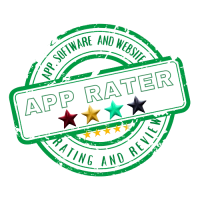


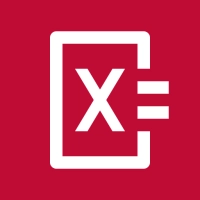

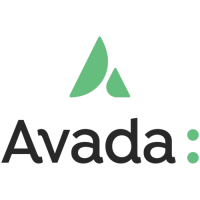

Editor's Choice



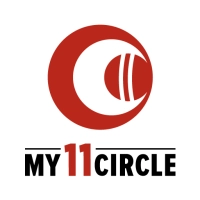






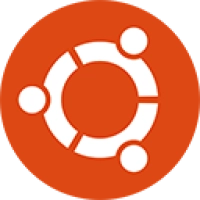






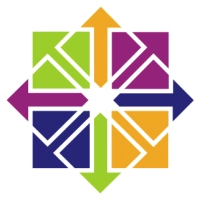
 WP Theme
WP Theme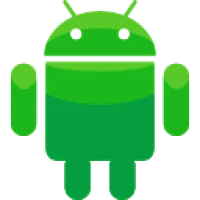 Android
Android iOS
iOS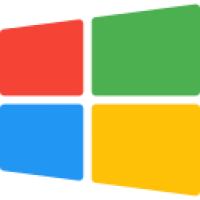 Windows
Windows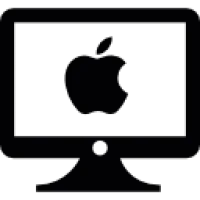 Mac
Mac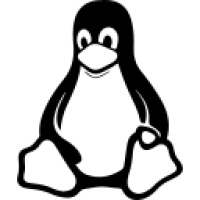 Linux
Linux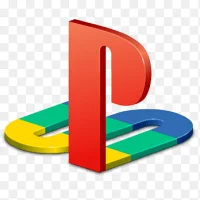 Play Station
Play Station Xbox
Xbox Steam
Steam Wordpress
Wordpress